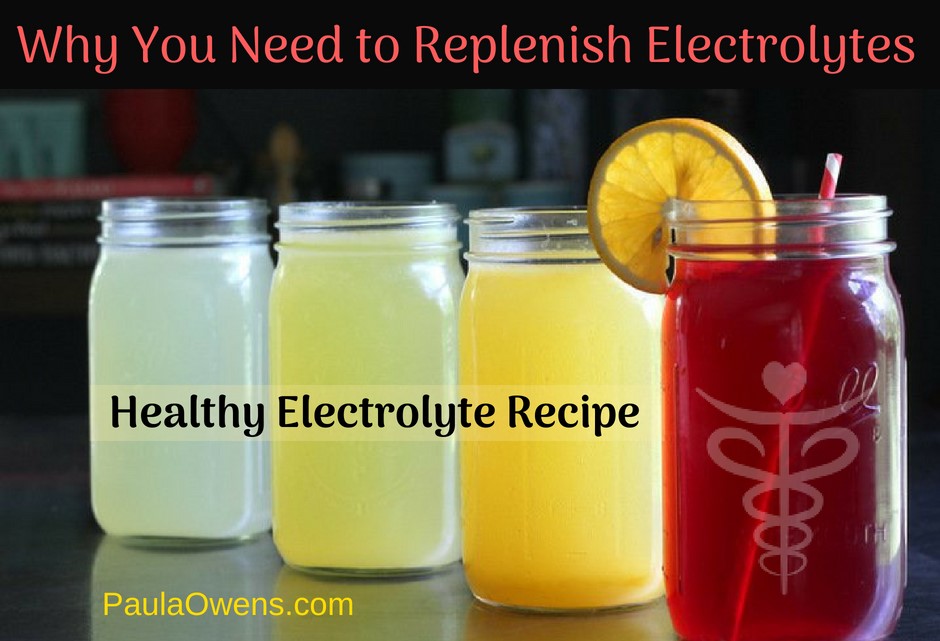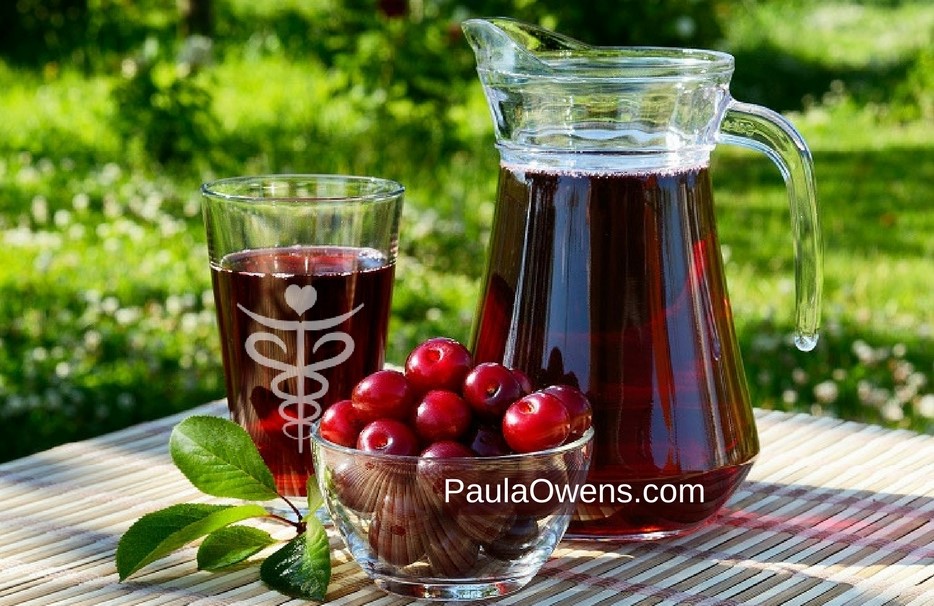
Electrolytes are nutrients that are important for a variety of essential functions in your body including muscle, nerve and brain function. Maintaining your electrolyte levels and keeping electrolytes balanced is essential for your health and well-being.
Signs and Symptoms of an Electrolyte Imbalance
- Anxiety
- Headaches
- Trouble sleeping, insomnia
- Muscle spasms, charley horses, muscle cramps
- Confusion, brain fog, dizziness
- Agitation, irritability, restlessness
- Heart palpitations, irregular heartbeat
- Fatigue
- Joint pain
- Dark urine with a strong odor
- Digestive problems including constipation and diarrhea
Causes of an electrolyte imbalance
- Dehydration
- Sweating. Any time you sweat, spend time in the sun, and intense heat, the risk of dehydration and electrolyte loss increases.
- Prolonged hours outdoors in the heat (landscapers, golfers, construction workers, package delivery drivers, pool techs). Whether you exercise intensely, you’re outdoors for prolonged periods in the hot sun, your child participates in an outdoor sport, you play 18 holes of golf in the Arizona desert, you’re a firefighter or perhaps your occupation is delivering packages, or you’re a construction worker with a physically demanding job who works outdoors, you’re at risk of dehydration and an electrolyte imbalance.
- Heavy exercise or physical activity
- Poor diet deficient in nutrients
- Diarrhea, vomiting, illness
- Keto diets
- Hormonal imbalances
- Medications such as antibiotics, diuretics, corticosteroids, and chemo drugs
- GI issues, malabsorption of essential nutrients
- Kidney dysfunction, major diseases and medical conditions
Infants, children, the elderly, pets and animals are especially vulnerable to the heat, and at risk of dehydration and a loss of electrolytes.
Electrolyte deficiencies of potassium and magnesium are related to some of the most common health conditions seen in the elderly and the aging population. Hypertension, congestive heart failure, osteoporosis, diabetes, and oxidative stress are all linked to an imbalance of electrolytes, with the focus on potassium and magnesium.
According to a study published in the Journal of Applied Physiology, dehydrated exercisers produce more stress hormones and a decline in testosterone.
Adults can lose up to 2-1/2 quarts of fluid per hour through perspiration that includes a loss of water, electrolytes and essential minerals such as sodium, potassium, chloride, calcium and magnesium – the main electrolytes that are used in the maintenance and repair of all tissue, utilization of amino acids, and required for of every physical and neurological function in your body.
Homemade Healthy Electrolyte Recipe
Although there are several commercial electrolyte sport drinks available, the majority of them contain excessive amounts of sugar, artificial sweeteners, sucralose, high fructose corn syrup, caffeine, chemicals, preservatives and artificial colors.
DIY Healthy, Chemical-free Electrolyte Beverage
- 32 ounces spring water or filtered water
- 2 ounces of organic tart cherry concentrate
- One teaspoon Celtic sea salt or Redmond’s salt
- One scoop Acti-Mag Plus powder
- Ice
The unprocessed Celtic sea salt contains over 84 trace minerals providing numerous health benefits. The amount of salt that is used will be different for each person. To determine how much salt to use, your beverage should not taste salty. If it does, use less salt or add more water. If you urinate a lot, you may not be absorbing the water you drink or you’re probably deficient in minerals. Adding a pinch of unprocessed Celtic sea salt to this chemical-free electrolyte beverage recipe will aid in absorption and replenish important minerals. Those with low aldosterone can urinate up to 15-20 times a day. Aldosterone is a hormone produced by the adrenal glands that regulates the amount of fluid and electrolytes in your body.
 Tart cherry juice is high in potassium, reduces inflammation, decreases oxidative stress and is beneficial for recovery following strenuous exercise. A study published in the Journal of the International Society of Sports Nutrition found that drinking tart cherry juice for seven days before and during a strenuous running event minimizes post-run muscle pain.
Tart cherry juice is high in potassium, reduces inflammation, decreases oxidative stress and is beneficial for recovery following strenuous exercise. A study published in the Journal of the International Society of Sports Nutrition found that drinking tart cherry juice for seven days before and during a strenuous running event minimizes post-run muscle pain.
Electrolytes: Food is Medicine
Hydrating foods: Cucumbers, watercress, leafy greens, parsley, celery, broccoli, watermelon, pineapple, berries, cherries, grapefruit, tomatoes and pears
Related Posts
- Video: Why You are Low in Minerals
- 12 Tips for Healthy, Younger-looking Skin (and my favorite skin-care products)
- Water: the most important Nutrient + Tips to Prevent Dehydration
- Signs and Symptoms of a Magnesium Deficiency


